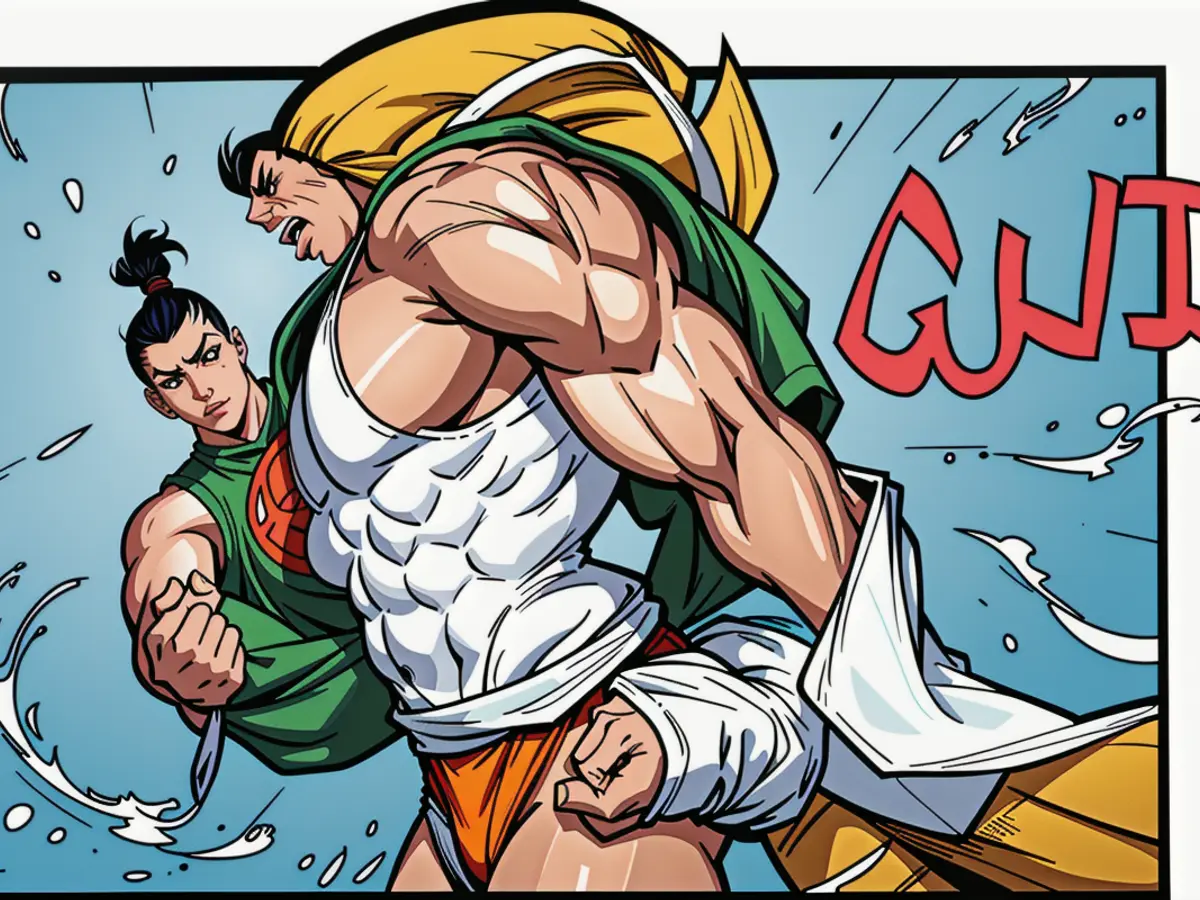Tennis player Jannik Sinner's Three-Month Suspension Doesn't Clear Him of Wrongdoing
Jannik Sinner, the Italian tennis sensation, has escaped a lengthier punishment from the World Anti-Doping Agency (WADA) after testing positive for the banned substance clostebol twice in March last year. The violation resulted in a three-month ban, allowing the 23-year-old to play in the French Open, set to commence on May 19 at Roland Garros, as well as the Italian Open, beforehand.
Initially, Sinner was cleared by the International Tennis Integrity Agency and an Independent Tribunal, with no fault or negligence being attributed to him. However, WADA contested the verdict, claiming that the rules had not been correctly applied.
WADA's firm stance on Sinner's case caused anticipation as a hearing was scheduled for mid-April. Expectations were that the charge would be reduced to "no significant fault or negligence", potentially excluding Sinner from the Paris and Wimbledon majors based on the 90-day disqualification.
Surprisingly, the expected reduction in the ban did not materialize. Instead, a three-month ban commencing on March 1 was announced. The statement from WADA acknowledged that Sinner did not intend to cheat or gain any performance-enhancing benefits from the contamination. However, they held the tennis pro responsible for the team's negligence.
The controversial resolution drew criticism from disgruntled players and fans. Nick Kyrgios, the 2022 Wimbledon runner-up, expressed his dissatisfaction with the ruling as he felt it provided an unfair advantage to top players, who seem to land quicker solutions compared to others.

The Professional Tennis Players Association (PTPA), an organization aimed at equalizing players' welfare, also weighed in on the issue, criticizing the inconsistent and unpredictable nature of the anti-doping system.
This ruling formed an interesting contrast with other doping cases, such as Iga Swiatek's one-month ban last year for a contaminated medication, demonstrating the fluidity of the ban consequences in tennis.
Sinner's swift return to competition positions him well to maintain his dominance in the sport, alongside rival Carlos Alcaraz. The three-month suspension effectively presents a minor setback for his promising career.
Sinner's three-month ban commencing in March didn't prevent him from participating in the Australian Open, which took place in February each year, including 2024, given its scheduling in January. The PTPA, in a statement, expressed concern about the inconsistency in the Application of the ATP's anti-doping rules, comparing Sinner's case to Iga Swiatek's minor transgression on Valentine's Day last year, when she received a one-month ban for a contaminated medication. On September 1, Sinner was deemed eligible to compete again, marking a supposed comeback, albeit with a slightly tainted record due to the doping incident.






